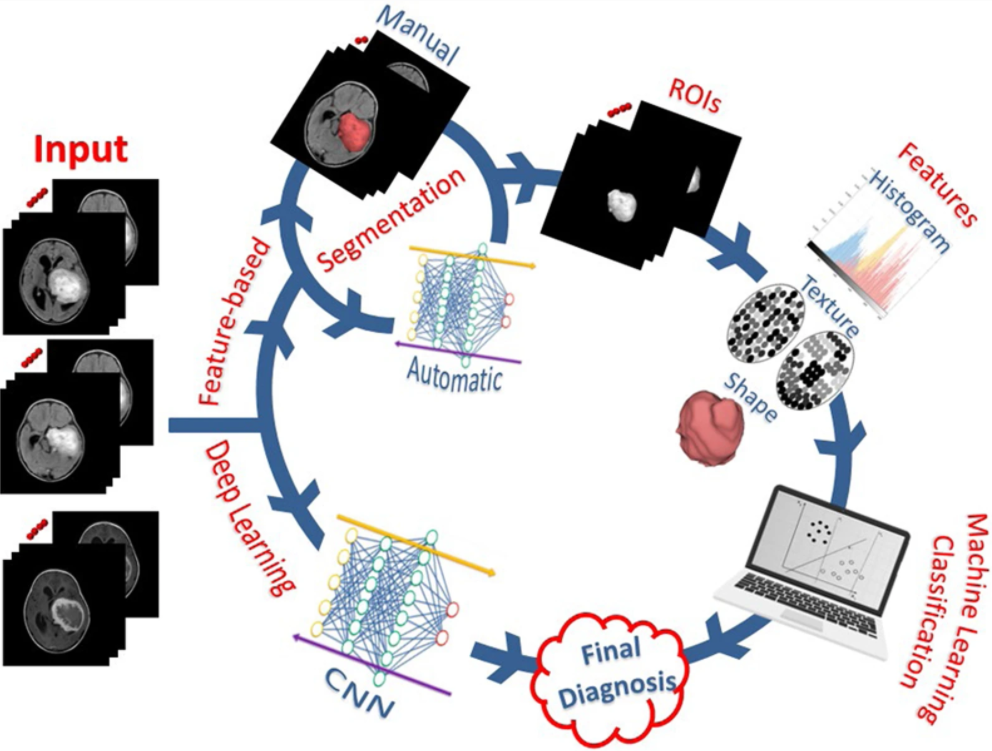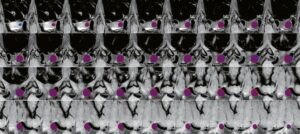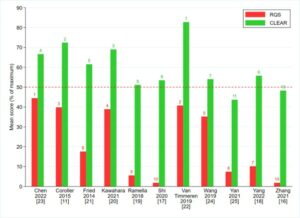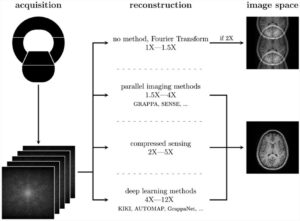In this educational review, the authors take a comprehensive look at various aspects and applications of artificial intelligence (AI) in the field of neuro-oncology, including machine learning, deep learning, and radiomics. The merits and challenges of the deployment and use of AI tools in neuro-oncology are put under the microscope, with the authors concluding that AI has a promising future in the field, highlighting its ability to improve patient outcomes and treatment in areas such as differentiation and grading of brain tumors, pre- and post-treatment assessment, and more.
Key points
- AI methods utilized conventional and advanced techniques to differentiate brain tumors from non-neoplastic lesions.
- AI used in the diagnosis of gliomas and discrimination of gliomas from lymphomas and metastasis.
- AI has a role in the grading, prediction of treatment response, and prognosis of gliomas.
- Radiogenomics allowed the connection of the imaging phenotype of the tumor to its molecular environment.
- AI is applied for the assessment of extra-axial brain tumors and pediatric tumors.
Article: Clinical applications of artificial intelligence and radiomics in neuro-oncology imaging
Authors: Ahmed Abdel Khalek Abdel Razek, Ahmed Alksas, Mohamed Shehata, Amr AbdelKhalek, Khaled Abdel Baky, Ayman El-Baz & Eman Helmy













